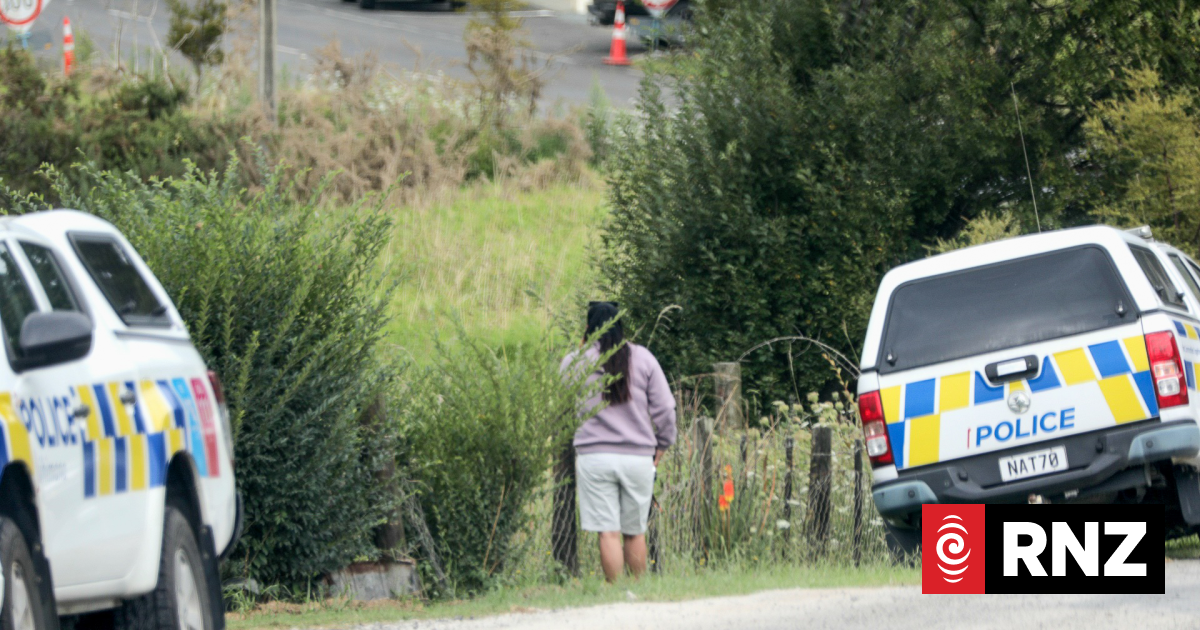Hypernet co-founder and chief executive Ivan Ravlich spent his teen years in Kerikeri.
A New Zealand-raised tech entrepreneur has announced he is closing his company after investors accused him of a multi-million dollar cryptocurrency fraud.
Former Kerikeri High School head boy Ivan Ravlich is among the defendants in a California lawsuit alleging he and the co-founders of Hypernet Labs lied to investors while failing to develop a viable product.
The lawsuit, filed earlier this year in the United States District Court for the Northern District of California, alleges the founders used a purported Cook Islands shell company to make it harder for backers to try recoup their losses.
Ravlich, who was Hypernet chief executive, received a first class honours degree in chemical and materials engineering from the University of Auckland.
The university’s website still hails him as one of its top young alumni.
An investor, who claims to have lost more than NZ$1 million worth of cryptocurrency at current values, launched the lawsuit in a bid to recover the cryptocurrency he sunk into the start-up, court documents obtained by the Herald show.
At the weekend, about three hours after the Weekend Herald broke the story of the former Kiwi science star’s fall from grace, Ravlich took to Twitter to announce Hypernet was no more. He has not responded to repeated requests for comment.
“With a heavy heart, we share that Hypernet Labs has reached the end of its journey today,” he wrote.
“We owe our community an explanation on how we reached this conclusion.”
Ravlich’s message cited the Galileo cloud computing app Hypernet developed several years ago as among its successes.
He blamed the downtown in global markets, particularly with regards to cryptocurrency values, for the end of the start-up.
/cloudfront-ap-southeast-2.images.arcpublishing.com/nzme/F4XJPY5AAVQFAALUHY2XHY5RVQ.jpg)
The message did not acknowledge the lawsuit or other public concerns raised by out-of-pocket investors on social media and private Hypernet forums.
“While our founding development team built a very strong base layer, we needed to transition to a more product-focused team that was better positioned to grow the broader ecosystem.
“This transition resulted in delays to our development timeline; delays that we were on track to overcome before the market downturn.
“Hypernet was impacted by the same market headwinds that have touched millions around the world since May.”
Ravlich revealed the company’s funds were also held in the cryptocurrency Ethereum. (Cryptocurrencies are digital currencies, such as Bitcoin and Ethereum, that do not rely on a central authority like a government or bank. Their values soared during the pandemic but have recently been in free-fall.)
“Unfortunately, the treasury was also held in Ethereum, which disproportionately exacerbated the bear market’s impact on our balance sheet.”
One early investor told the Herald the start-up was initially billed as offering various cloud computing services where users would pay via Hypernet’s own cryptocurrency token.
The early investor claimed when Hypernet charged people for Galileo it accepted payment via credit card, not its own crypto token, which the investor believes appears never to have been used as intended.
But the early investor claimed communication from the company had been lacking over the past two years.
About nine months ago, Hypernet “pivoted hard” into non-fungible tokens (NFTs), the investor claimed. This claim is supported by archived posts on a now-shuttered Hypernet blog, along with recent press coverage of the start-up.
NFTs are a controversial type of digital financial asset often taking the form of art of dubious aesthetic merit.
They are traded online, frequently using cryptocurrency, with which they share similar underlying code.
The market for NFTs exploded in value last year but the bubble soon burst. By May this year, the Wall Street Journal said the market was collapsing.
Ravlich’s announcement does not mention the lawsuit or whether backers can expect to recoup any part of their investment.
It said the Hypernet team realised the end was nigh at an NFT conference in New York, called NFT.NYC, held late last month.
“Walking the hall, there was no denying that products, like Hypernet.ID and Hypernet.Mint, were at an earlier stage of development than competitors.
“The ground we had to make up was more like quicksand in the current market. It would be a disservice to our community if we let ambition or obstinance stand in the way of recognising these hard truths.
/cloudfront-ap-southeast-2.images.arcpublishing.com/nzme/W3VCI2PCYYS3M6M4RNQCEKTMRI.jpg)
“While Hypernet’s road has reached an end, we believe the tools we built and the people behind them will continue to make great contributions to this industry for years to come.”
The announcement drew a negative reaction from investors on a private forum viewed by the Herald.
There was particular scepticism at Ravlich’s move to blame the market downturn in cryptocurrency as part of the reason for Hypernet’s demise.
When the company raised millions of dollars worth of crypto in “Initial Coin Offering” about four years ago, Ethereum was still worth significantly less than it is today. The 2018 ICO raised US$20 million, the lawsuit said.
The investor who brought the lawsuit, Romein Rostami of Puerto Rico, is seeking the return of 728 Ethereum tokens.
At the time in 2018, his crypto investment was worth US$339,248 but it would be worth US$878,426 as of Monday afternoon NZ time.
Rostami alleges in the court documents filed by his lawyers that Hypernet never created a functional platform.
“Instead, defendants lied to investors through industry white papers, pay to play promotional advertising, and other fraudulent marketing gimmicks to induce investment and utilised the venture as a vehicle to perpetuate fraud for greater financial gain.”
Ravlich received a glowing profile the University of Auckland’s website as part of its 40 under 40 series of “inspiring young alumni”.
The Herald asked a university spokeswoman what due diligence it undertook for the profiles, and whether it would be reviewing or removing Ravlich’s profile in light of recent events.
“The University of Auckland extensively media checks the recipients of the 40 under 40 award, and in this case we also took the lead from US Forbes’ magazine’s 30 Under 30 entrepreneurs which had acknowledged Ivan Ravlich earlier in 2020,” the spokeswoman said.
“It isn’t appropriate to respond to your further questions while these allegations are still under investigation.”




